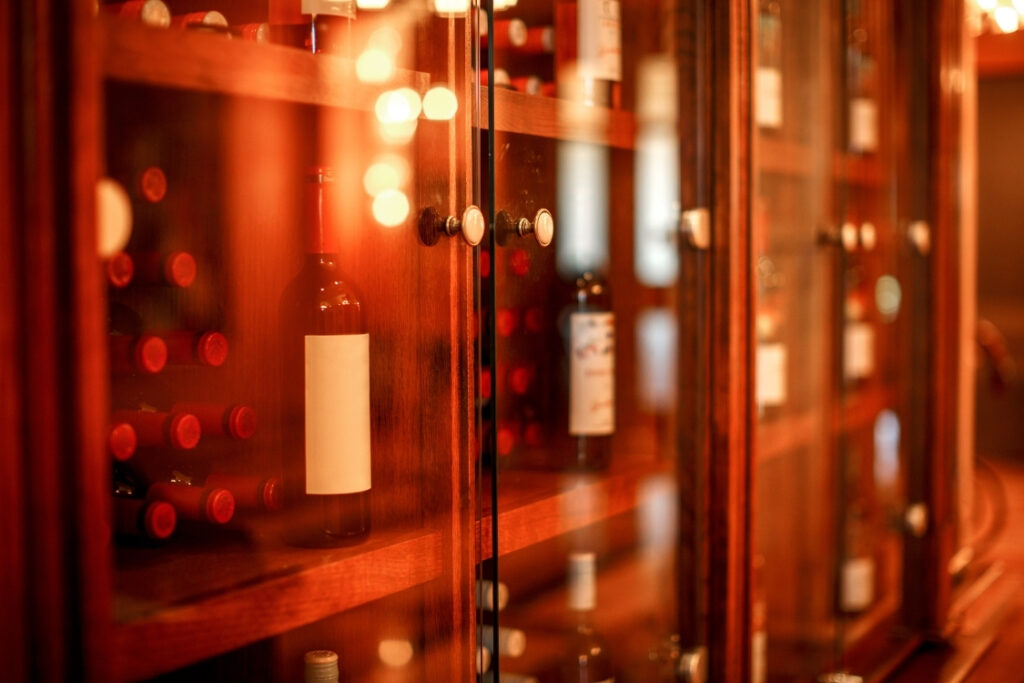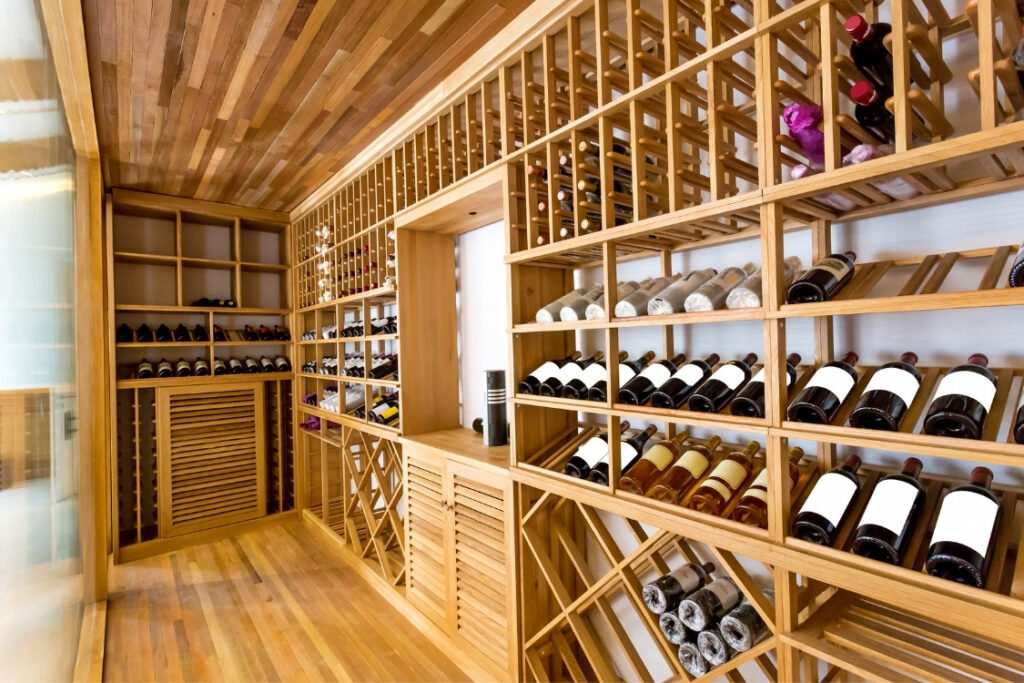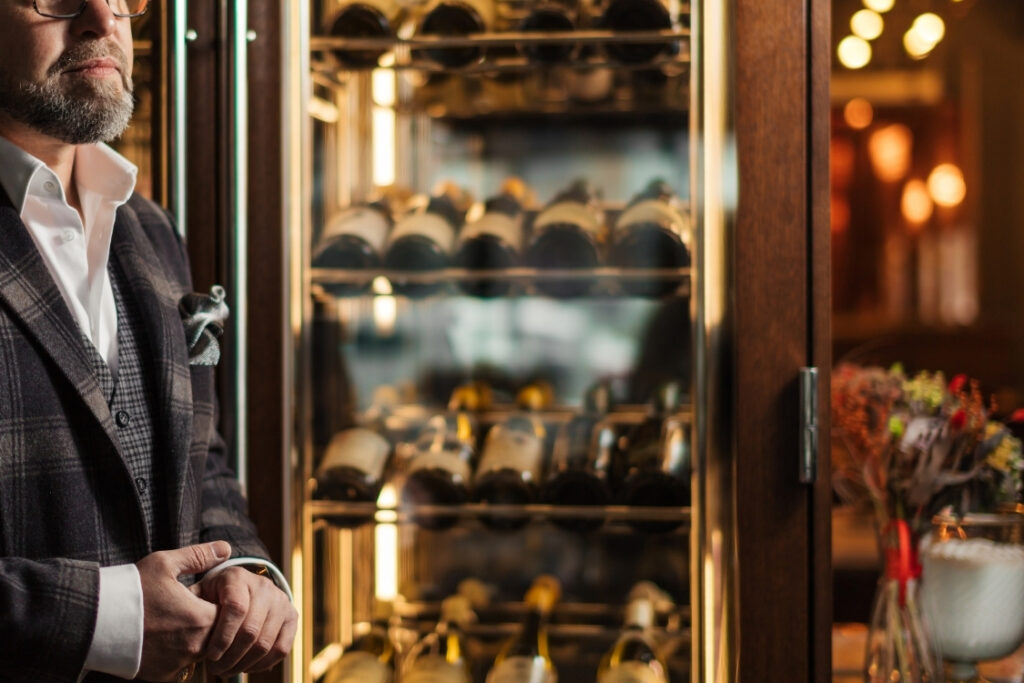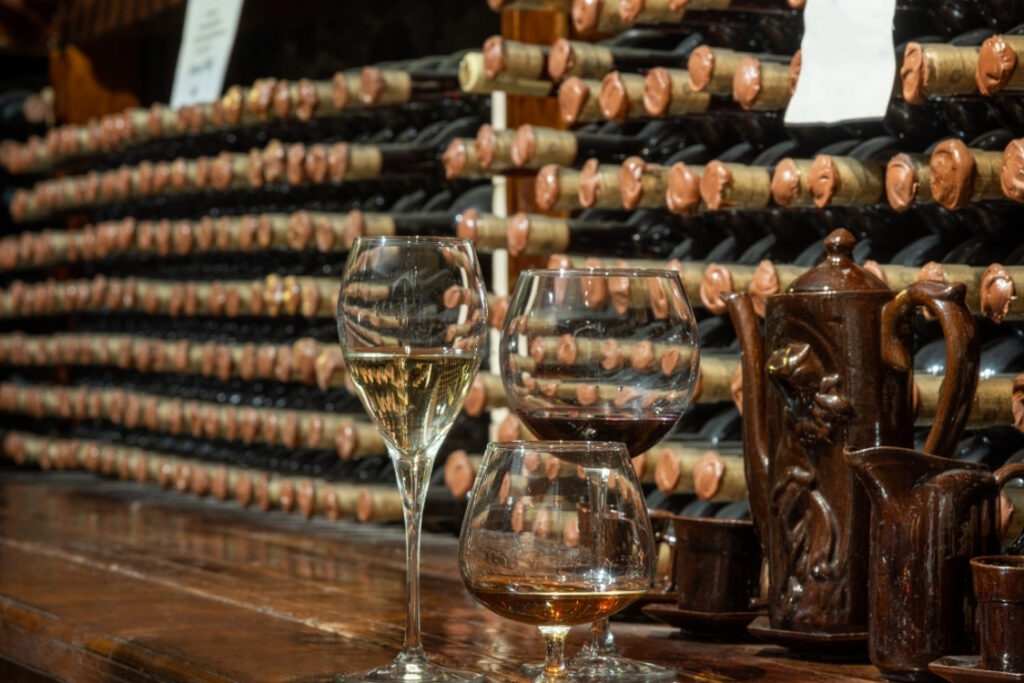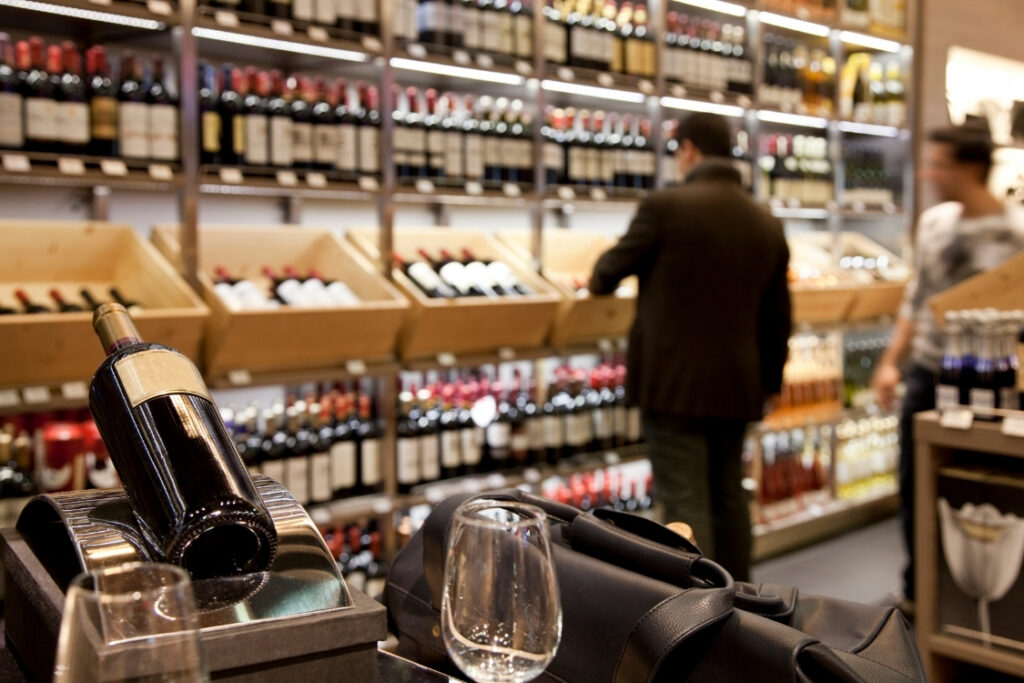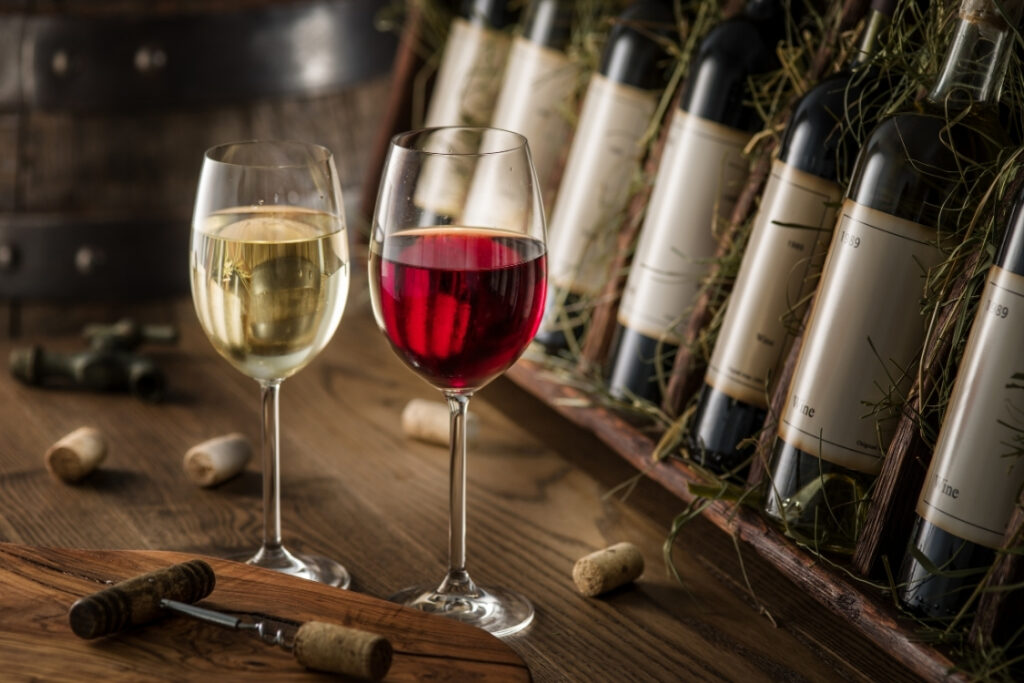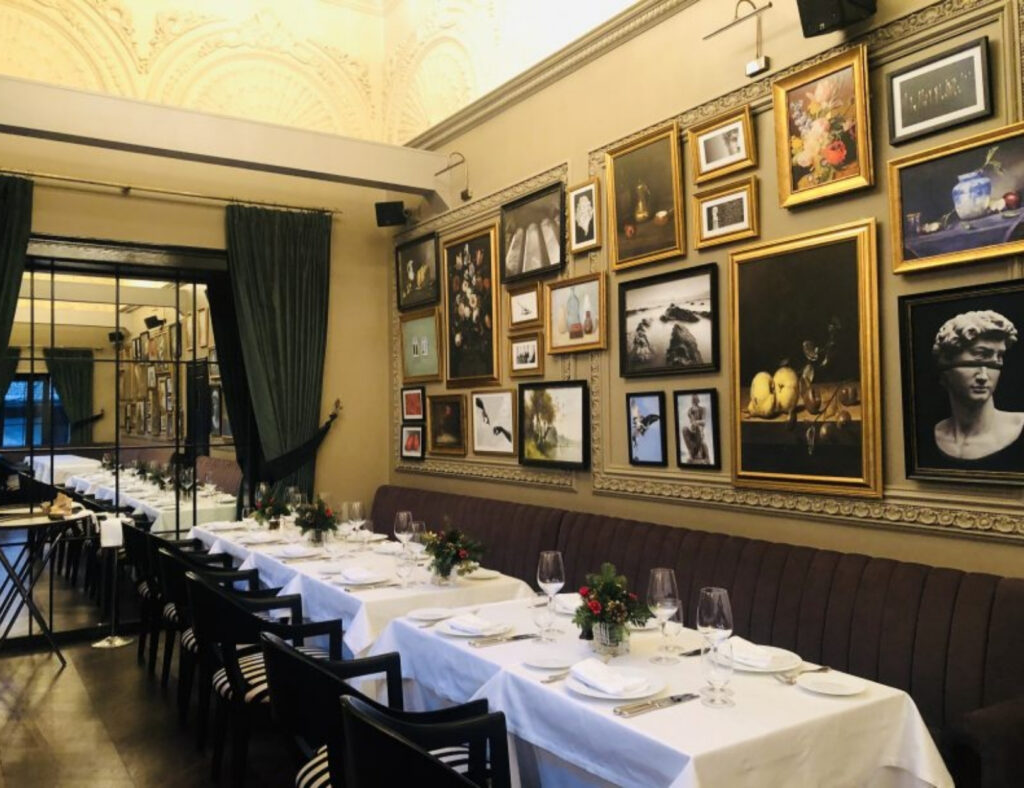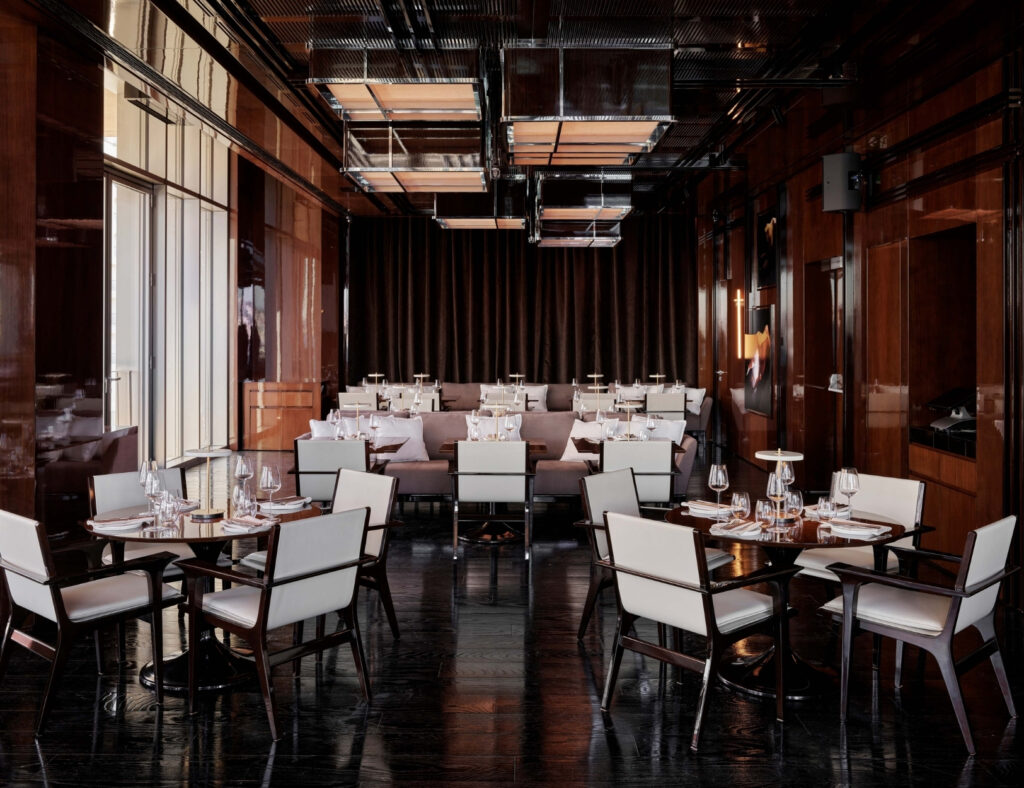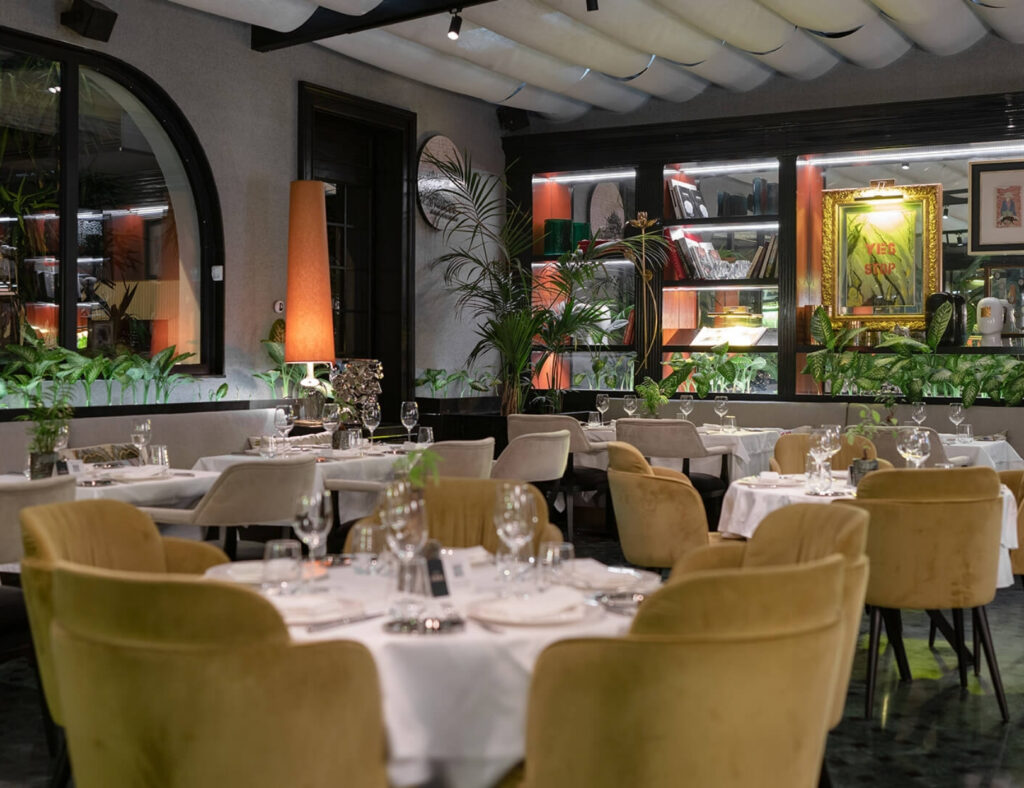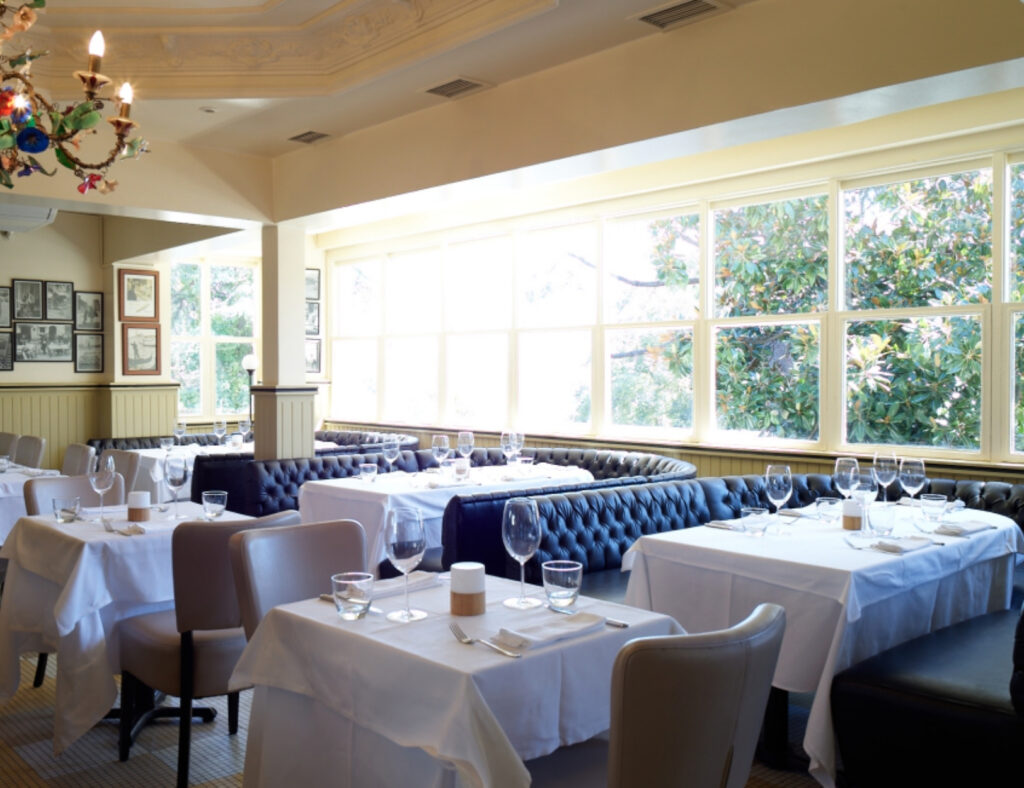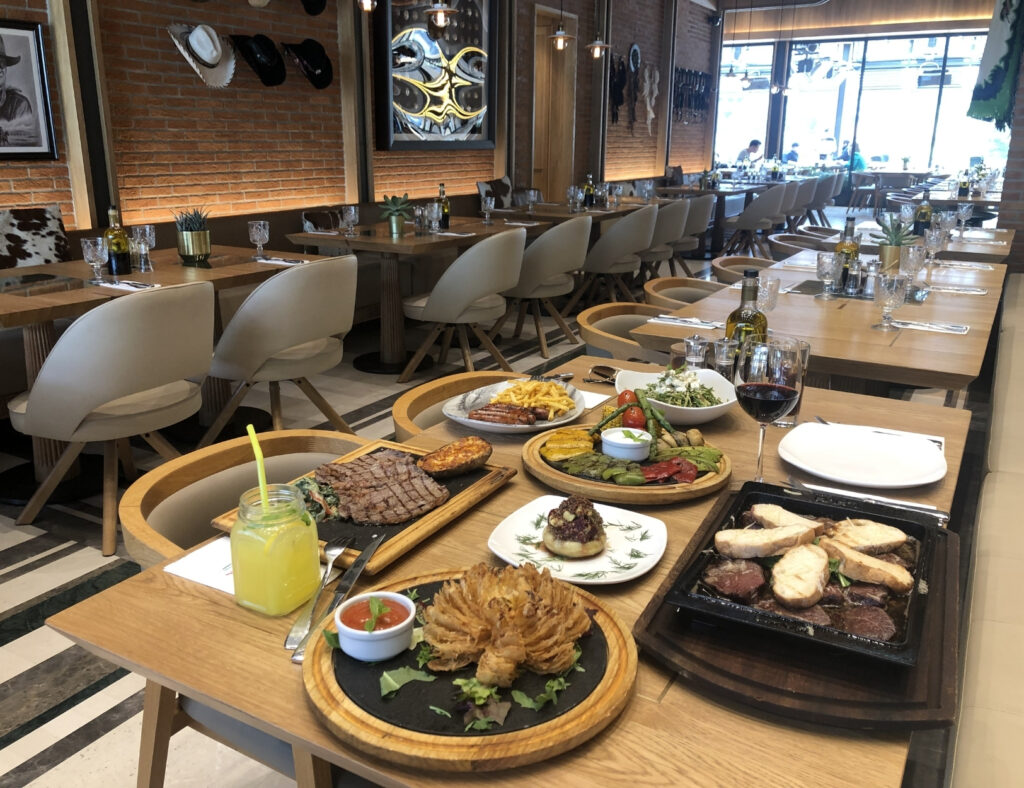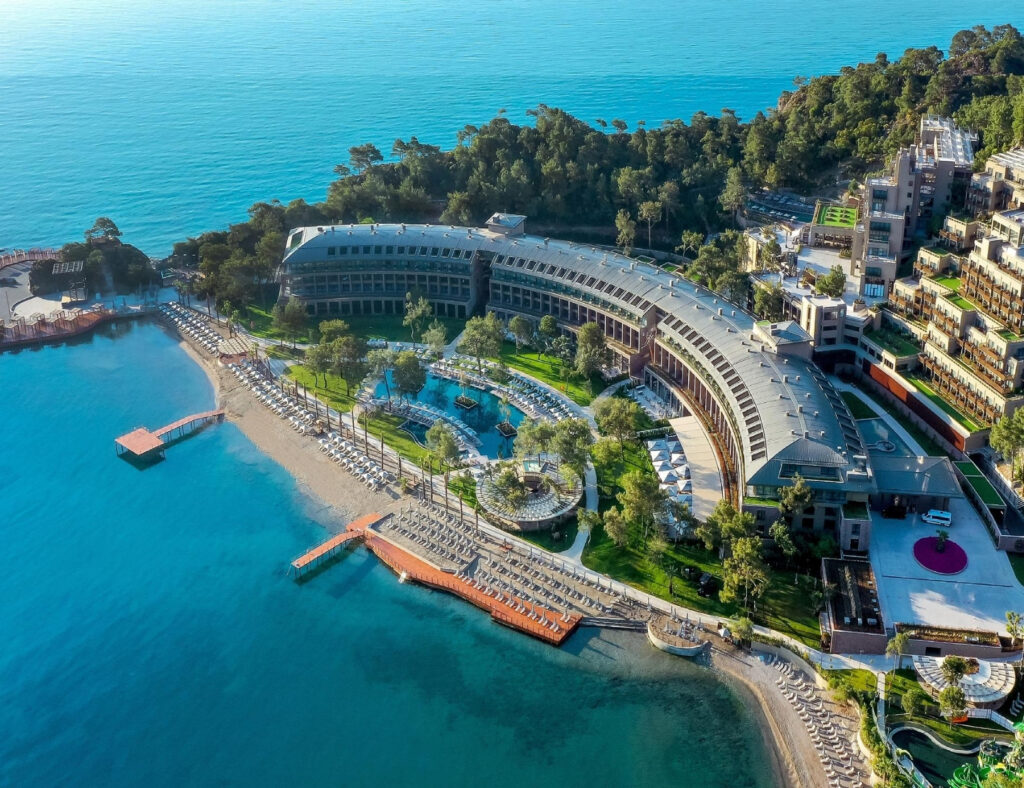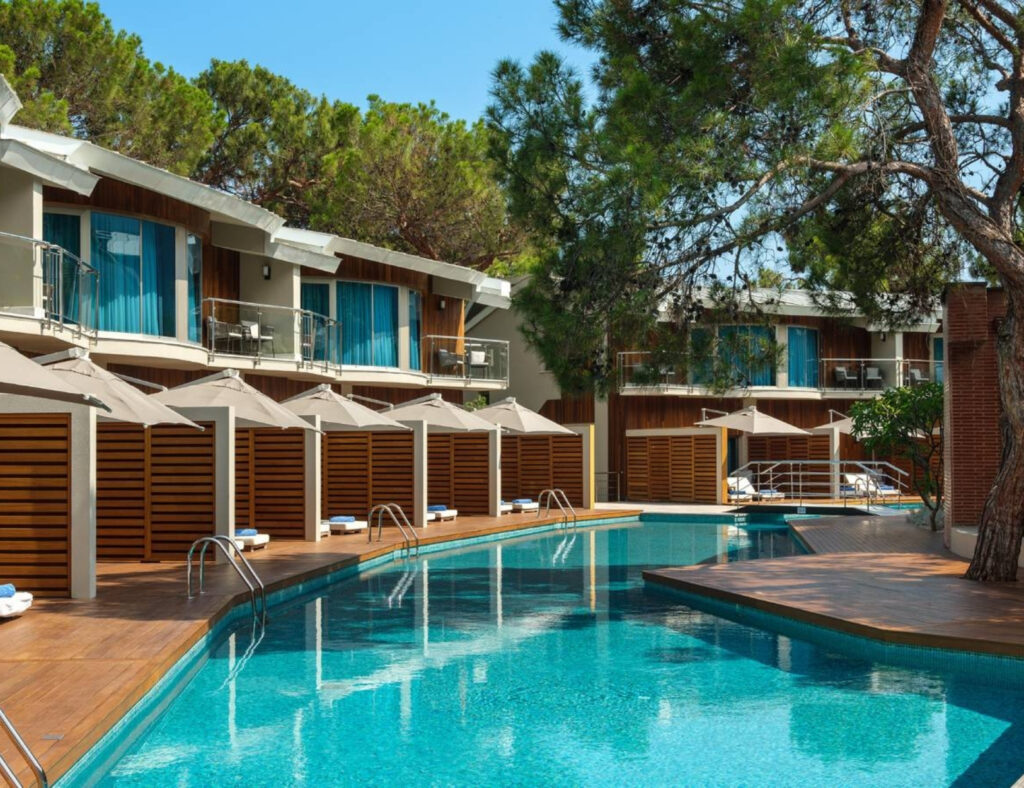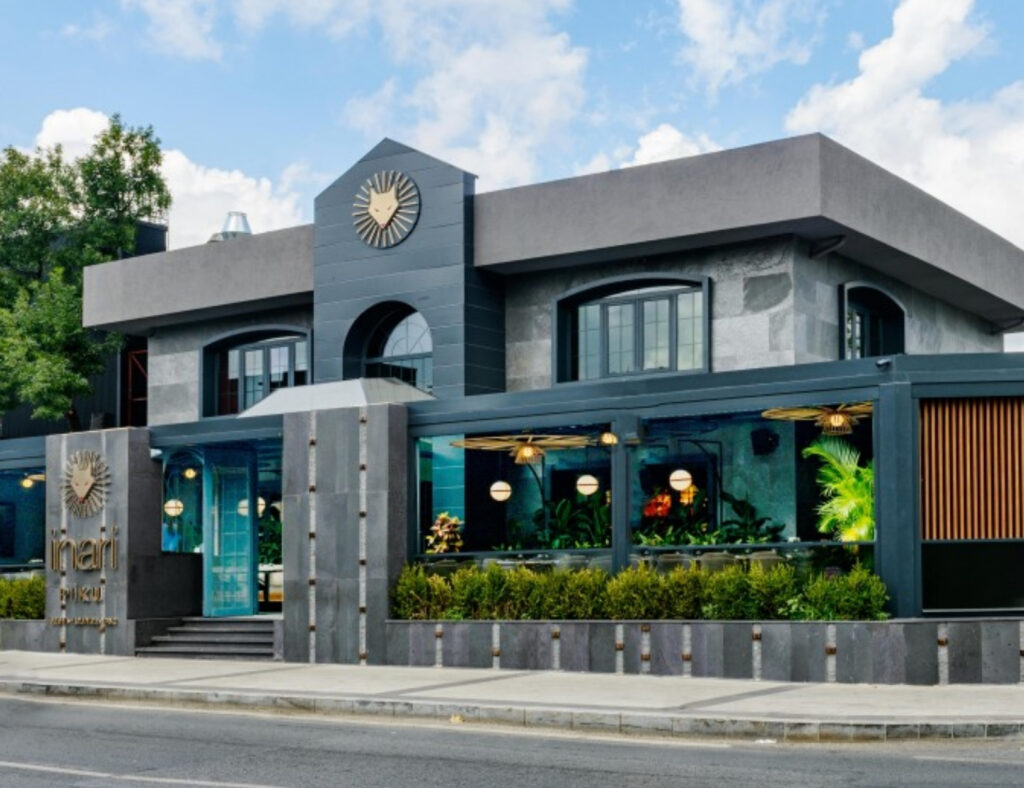A wine cellar is a place for storing and aging wine in bottles or barrels. It comes from the French word “cave”. Unlike the more common Turkish definition of a wine cellar, a cave is a place that may not be underground, but which provides the appropriate climatic conditions for wine. These climatic conditions are actively created in the cellars, i.e. by using mechanical equipment. Similarly, wine storage spaces that are also conditioned with the help of mechanical equipment, but are not of a size and configuration that can be entered, are called wine cabinets.
Frequently Asked Questions
Dating back centuries, wine culture and production methods have changed a lot over the years. But one thing has always remained the same: the conditions necessary for the proper storage of wine:
Low constant temperature, not excessively high humidity, an environment free from vibration, odorless and protected from the harmful effects of the sun…
Wine Cellars create aesthetic spaces that provide the ideal storage conditions your precious wines deserve.
Wine cellars should have a relative humidity between 50% and 80%. If the relative humidity drops below 50%, the bottle corks will dry out at the outer end and shrink in volume, while the wine in the bottle will evaporate, the air will fill the space vacated by the wine and this will cause the wine to be exposed to uncontrolled oxidation. On the other hand, the bottles should be stored tilted to keep the wine in contact with the cork and keep it constantly moist. Humidity above 80% does not harm the wine, but it does cause the bottle labels to deteriorate. Temperature is a much more sensitive issue. Authorities all over the world recognize that wine can be stored between 10°C and 16°C, provided that the temperature is constant.
Below 10°C, the chemical reactions necessary for wine aging slow down and even stop. At temperatures between 17 and 20°C, even if the wine does not spoil, it matures very quickly and ends its life before it has the opportunity to reach the peak of its potential. At temperatures above 20°C, the wine spoils due to the high temperature. Therefore, any constant temperature between 12 and 14°C is considered the ideal storage temperature. However, as mentioned at the beginning, more important than the temperature value in terms of ideal storage conditions is whether there are temperature fluctuations in the jar. When the temperature rises, the wine expands more than the bottle it is in, causing the pressure inside the bottle to rise and some wine to escape from the sides of the cork and evaporate, reducing the amount of wine. When the temperature drops again, the opposite happens and the wine shrinks more in volume than the bottle. This creates a vacuum inside the bottle and therefore air is sucked into the bottle from the outside. The amount of air sucked in, and therefore the amount of oxygen, increases with each temperature fluctuation, and the oxygen that enters the bottle reacts chemically with the wine, causing it to oxidize, i.e. spoil.
Any kind of vibration, including sound, disturbs the tranquility of the wines. Vibration prevents the sediments formed during aging from settling in the bottle, which is undesirable. Vibration must be controlled in all devices used in the cellars and precautions must be taken for devices that will create high vibration in places adjacent to the cellars. Fondis WineMaster Cellar Air Conditioners used in Wine Cellars are designed to operate without vibration. Some of the chemical reactions required for wine aging require oxygen. The introduction of a small amount of air into the bottle to provide the trace amount of oxygen needed by the wine, but not enough to oxidize the wine, is called the breathing of the wine. However, if there are undesirable odors in the cellar, these odors will permeate the wine with the small amount of air that enters the bottle and reduce the drinking quality. For this reason, all materials used in wine cellars should not emit odors and odors should not enter the cellar from the outside.
Ultraviolet (UV) rays cause the complex organic molecules in the wine to dissolve, which prevents the wine from aging perfectly. For this reason, lighting fixtures that do not emit UV should be used in the cellar. In addition, in cases where light enters the cellar from outside, UV rays must be filtered. Thanks to the specially coated technological glasses used in Wine Cellars, all harmful effects of light are filtered.




